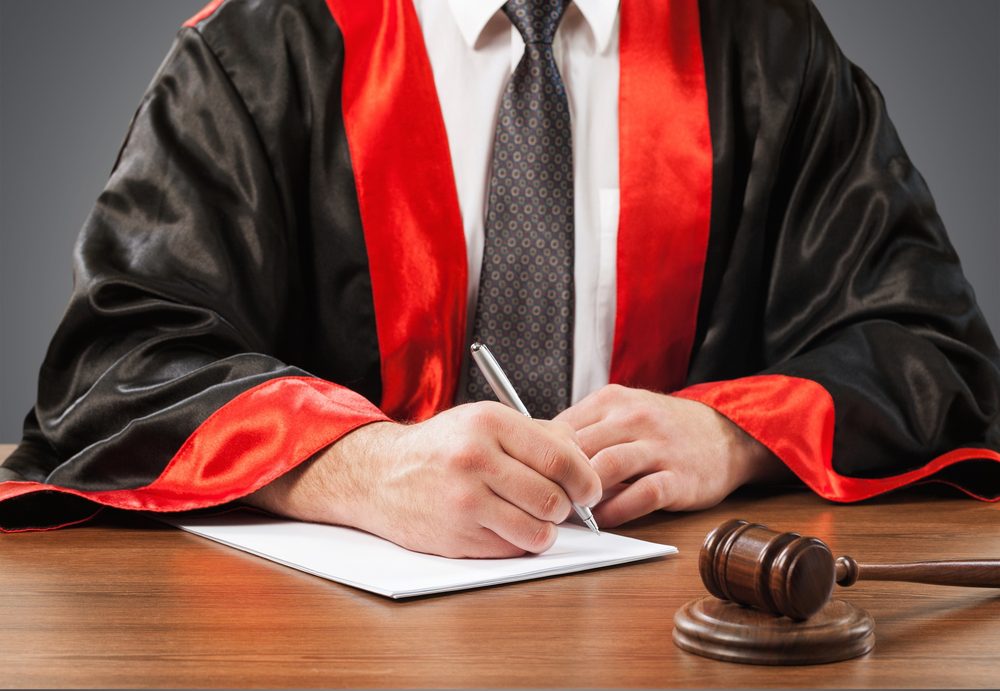Navigating the workers’ compensation system can be daunting, especially when it comes to hearings. If you’ve been injured at work and are seeking compensation, understanding what to expect during this process is crucial. This article will walk you through the steps you should take to prepare for a workers’ compensation hearing, including a handy checklist to ensure you have everything covered.
Understanding Workers’ Compensation
Before diving into the specifics of a hearing, it’s important to grasp what workers’ compensation entails. Workers’ compensation is a form of insurance that provides financial support to employees who have sustained injuries or illnesses due to their work. In Wisconsin, this system is designed to protect both workers and employers, ensuring that injured employees receive the necessary medical care and financial compensation without the need for litigation.
The Role of Workers’ Compensation Lawyers
When you find yourself in the midst of a workers’ compensation claim, having a knowledgeable attorney can make all the difference. These worker’s compensation lawyers specialize in representing injured workers and navigating the complexities of the compensation system. They can help you gather evidence, fill out necessary paperwork, and represent you at hearings. Engaging a lawyer can significantly improve your chances of securing a favorable outcome.
What to Expect at a Workers’ Compensation Hearing
A workers’ compensation hearing is essentially a legal proceeding where you present your case to an administrative law judge. This judge will evaluate the evidence and make a decision regarding your claim. Here’s what you can typically expect during this process:
1. Notification of Hearing
Once your case is ready for a hearing, you will receive a notification outlining the date, time, and location of the hearing. It’s essential to mark this on your calendar and make any necessary arrangements to attend.
2. Preparing Your Case
Preparation is key to a successful hearing. Below is a checklist of what you need to do before your hearing.
Lawyer Prep Checklist
Consult Your Workers’ Compensation Lawyer
Discuss the specifics of your case and what to expect during the hearing. Your attorney will provide insights that can help you feel more confident.
Ensure your lawyer has all relevant documents and evidence. Open communication with your attorney will make the process smoother.
- Gather and Organize Documents
- Medical Reports: Collect all medical records related to your injury, including diagnoses, treatments, and prognosis. These documents are vital in substantiating your claim.
- Employment Records: Bring documentation that proves your employment status, job duties, and any relevant payroll information. This helps to establish your eligibility for benefits.
- Incident Reports: If available, include reports detailing the circumstances of your injury. These may include workplace accident reports or safety incident logs.
- Prepare Your Testimony
- Write Down Your Account of the Injury: Be clear and concise about what happened, how it happened, and the impact it has had on your life. A well-structured narrative will help convey your experience effectively.
- Practice with Your Lawyer: Rehearse your testimony to become comfortable with the details. Your lawyer can provide feedback and help you refine your delivery.
- Identify Witnesses
Determine if there are coworkers or supervisors who can testify on your behalf. Their accounts can provide additional support for your case. Make sure to discuss this with your lawyer to determine the best approach.
- Understand the Legal Process
Familiarize yourself with the procedures of the hearing. Knowing what to expect can alleviate anxiety. Your lawyer can explain how evidence will be presented and how long the process may take.
- Plan for Cross-Examination
Be prepared for the other side to challenge your testimony. Consider potential questions and how you would respond. Your lawyer can provide mock questions to help you practice.
- Dress Appropriately
First impressions matter. Dress in professional attire to convey respect for the process. This can help set a serious tone for your case and show that you take the hearing seriously.
3. The Hearing Process
During the hearing, you can expect several key elements:
Opening Statements
Both sides will provide an opening statement to outline their positions. Your lawyer will summarize the evidence supporting your claim, setting the stage for what is to follow.
Presentation of Evidence
- Your Testimony: You will present your account of the injury and its effects on your life. Speak clearly and confidently, focusing on the facts.
- Witness Testimonies: Any witnesses you’ve brought will be called to testify. Their statements can reinforce your account and provide additional context.
Cross-Examination
The opposing side will have the opportunity to ask questions, challenging your account. This is where being prepared is critical. Your lawyer will be there to support you and guide the conversation. Keep your composure and stick to the facts.
Closing Statements
After all evidence has been presented, both sides will make closing statements, summarizing their arguments and reiterating key points. This is your last chance for your lawyer to emphasize the strengths of your case.
4. The Decision
After the hearing, the judge will take time to review the evidence before issuing a decision. This may take days or even weeks. Your lawyer will keep you informed about the outcome and the next steps.
5. Possible Outcomes
Understanding the potential outcomes of your hearing can help you prepare for the next steps. Here are a few possibilities:
- Approval of Benefits: If the judge rules in your favor, you will receive the benefits you applied for, which may include medical coverage and wage loss benefits.
- Partial Approval: Sometimes, the judge may grant some benefits but not others. In this case, your lawyer can help you understand the implications and options for further action.
- Denial of Claim: If your claim is denied, your lawyer will discuss the reasons for the denial and what steps can be taken next. This might include appealing the decision.
Tips for Success
- Stay Calm and Collected: It’s natural to feel nervous, but try to stay composed. Take deep breaths and focus on the facts.
- Be Honest: Always be truthful in your testimony. Any discrepancies can hurt your case. Honesty is crucial in building trust with the judge.
- Listen Carefully: Pay attention to questions being asked and take your time before responding. If you don’t understand a question, it’s okay to ask for clarification.
Common Questions About Workers’ Compensation Hearings
How Long Does a Hearing Last?
The duration of a workers’ compensation hearing can vary significantly. Some hearings may last only an hour, while others can extend over several hours. Factors influencing the length include the complexity of the case and the amount of evidence presented.
Can I Appeal the Decision?
Yes, if you disagree with the judge’s decision, you have the right to appeal. This process involves filing a formal appeal with the appropriate workers’ compensation board or court. Your lawyer can guide you through this process.
What Happens If I Miss My Hearing?
Missing your scheduled hearing can have serious consequences. The judge may dismiss your case or issue a ruling based on the evidence presented by the opposing side. If you anticipate missing your hearing, contact your lawyer immediately to discuss your options.
Will My Employer Be Present at the Hearing?
Yes, typically a representative from your employer or their insurance company will be present at the hearing. They may present their side of the case and question your testimony, which is why being well-prepared is essential.
Conclusion
A workers’ compensation hearing is an important step in securing the benefits you deserve after a workplace injury. By preparing thoroughly and working closely with your workers’ compensation lawyer, you can navigate this process more effectively. Remember, you are not alone in this journey; professional support is available to help you achieve a favorable outcome.
If you have further questions or need assistance with your workers’ compensation claim, don’t hesitate to reach out to an experienced lawyer. They can guide you through the complexities of the system and advocate for your rights, ensuring that you receive the compensation you deserve.
Final Thoughts
The process of a workers’ compensation hearing may seem intimidating, but with the right preparation and support, you can approach it with confidence. Use the checklist provided to ensure that you are fully prepared for your hearing, and remember that your lawyer is there to help you every step of the way. By understanding the process and being well-prepared, you can significantly increase your chances of a successful outcome.
Your health, well-being, and financial security are worth fighting for—so take the necessary steps to ensure your voice is heard and your rights are protected.





























